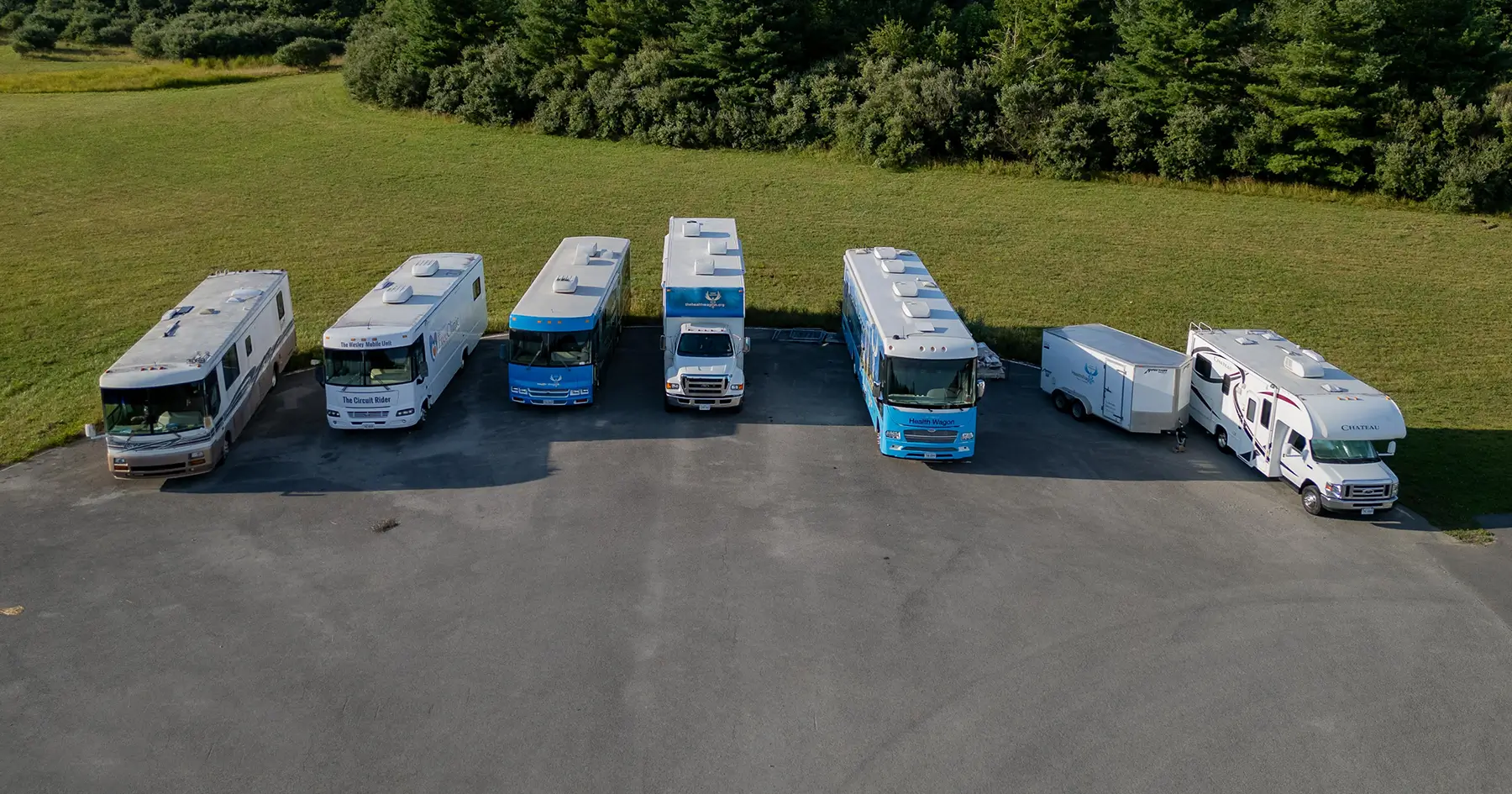By Ayobamiji Komolafe,Pauline Onyibe
Copyright newtelegraphng

The Nigerian Content Development and Monitoring Board (NCDMB) has identified strategic skill areas it will prioritize in its capacity-building initiatives to maximize job creation opportunities in Nigeria’s oil and gas industry.
Executive Secretary of the Board, Engr. Felix Omatsola Ogbe, disclosed this in Cape Town, South Africa, while delivering a keynote address at the ongoing Africa Energy Week (AEW). He also shared Nigeria’s success story in local content development.
According to him, the Board will focus on skills such as underwater welding, subsea engineering, geosciences, project management, deepwater operations (drilling and production), instrumentation and controls, digitalization, including Artificial Intelligence (AI) and helicopter piloting. These will be delivered through both classroom and practical approaches.
Speaking on the theme, “From Policy to Prosperity: Scaling Local Content for Africa’s Energy Future,” Ogbe stressed that no policy succeeds without people. He said challenges such as infrastructure gaps and financing limitations should not slow progress but rather drive deeper collaboration among governments, operators, service companies, and host communities to co-create solutions.
He noted that these shared challenges present opportunities for African countries to harmonize local content policies, develop regional supply chains, and leverage continental institutions like the emerging African Energy Bank. He urged African nations to ensure that the skills of their citizens, the creativity of entrepreneurs, and the strength of their institutions define the continent’s energy future.
Represented by NCDMB’s Director of Corporate Services, Dr. Abdulmalik Halilu, Ogbe highlighted that the local content strategy developed by the African Petroleum Producers Organisation (APPO) and the African Continental Free Trade Agreement (AfCFTA) offer clear pathways for trade-based multilateral cooperation within the continent.
He emphasized that scaling local content requires human capital development, infrastructure, technology and innovation, cross-border collaboration and partnerships, as well as policy harmonization.
On Nigeria’s journey, Ogbe stated that in-country value addition has risen to 57 per cent from five per cent in 2010, following the enactment of the Nigerian Oil and Gas Industry Content Development (NOGICD) Act. He said the goal remains to make Nigeria a top destination for exploration and production (E&P) investments, create jobs, develop new industries along the value chain, and ensure sustainable operations for future generations.
He outlined six key pillars driving local content implementation: regulatory framework, gap analysis, capacity building, incentives and funding, research and development (R&D), and market access. He also cited major policy interventions such as the Equipment Component Manufacturing Initiative, marine vessel categorization scheme, and project-based training.
Ogbe noted that Nigeria now hosts world-class fabrication and integration yards for production platforms and Floating Production Storage and Offloading (FPSO) vessels, as well as local capacity in high-voltage cable production, fiber optics, and engineering design for onshore, offshore, LNG, and gas gathering facilities.
He disclosed that local operators like Renaissance Africa Energy Limited, Seplat, and Oando are taking over assets from international oil companies (IOCs) and are set to play a key role in achieving Nigeria’s target of three million barrels per day production by 2030.
Ogbe further highlighted recent Executive Orders by President Bola Ahmed Tinubu’s administration introducing tax incentives, cost leadership measures, and streamlined contract processing timelines from 36 months to six months leading to major new projects such as the UBETA Gas Development and Bonga North Projects.
He assured other oil- and gas-producing countries in Africa that NCDMB remains committed to partnerships aimed at building an African energy sector that is owned, operated, and sustained by Africans.



